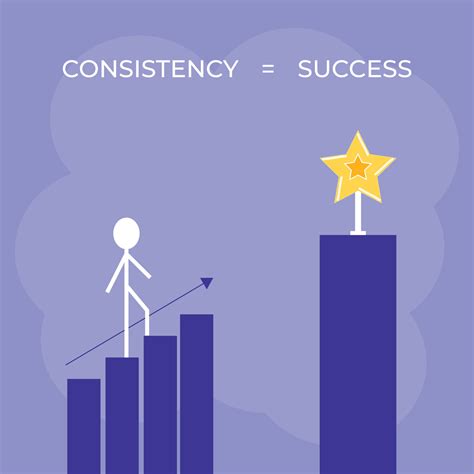What nutrition strategies boost male testosterone for energy & muscle?
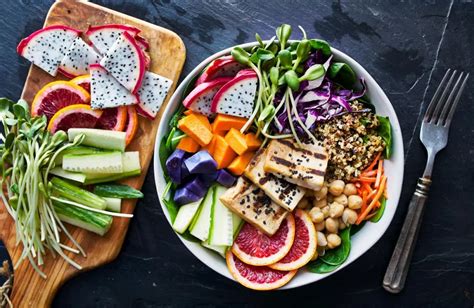
Understanding Testosterone’s Role in Male Vitality
Testosterone, the primary male sex hormone, plays a pivotal role far beyond just reproduction. It significantly influences energy levels, muscle mass and strength, bone density, fat distribution, mood, and red blood cell production. As men age, testosterone levels naturally decline, often leading to symptoms like fatigue, decreased libido, reduced muscle mass, and increased body fat. While medical interventions exist, strategic nutrition offers a powerful, natural pathway to support healthy testosterone production, vital for overall male health and athletic performance.
The Macronutrient Blueprint for Hormone Health
A balanced intake of macronutrients – fats, proteins, and carbohydrates – is fundamental for optimizing testosterone. Rather than focusing on restrictive diets, the emphasis should be on quality and balance.
Healthy Fats: Non-Negotiable for Hormone Synthesis
Dietary fats, particularly cholesterol, are precursors to testosterone. Restricting healthy fats can severely impede hormone production. Focus on unsaturated fats and a moderate amount of saturated fats from quality sources. Key sources include:
- Monounsaturated Fats: Avocados, olive oil, nuts (almonds, pecans), seeds (pumpkin, sesame).
- Polyunsaturated Fats (Omega-3s): Fatty fish (salmon, mackerel, sardines), flaxseeds, chia seeds, walnuts.
- Saturated Fats (in moderation): Grass-fed butter, coconut oil, organic red meat.
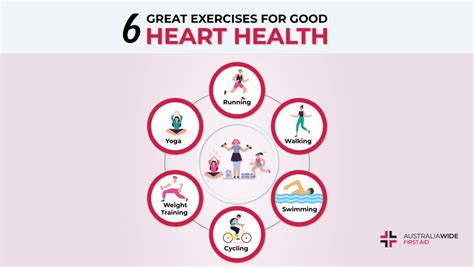
Protein: Fueling Muscle Growth and Repair
Adequate protein intake is essential for muscle protein synthesis, which is directly linked to testosterone’s anabolic effects. Aim for high-quality protein sources to support both muscle maintenance and growth.
- Lean Meats: Chicken breast, turkey, lean beef, bison.
- Fish: Salmon, tuna, cod.
- Eggs: Whole eggs are excellent, providing both protein and cholesterol.
- Dairy: Greek yogurt, cottage cheese (if tolerated).
- Plant-Based: Lentils, beans, quinoa, tofu.
Complex Carbohydrates: Energy for Performance
While often maligned in low-carb trends, complex carbohydrates are crucial for maintaining energy levels, supporting intense workouts, and preventing cortisol (stress hormone) elevation, which can negatively impact testosterone. Prioritize whole, unprocessed carbs:
- Whole Grains: Oats, brown rice, quinoa, whole-wheat bread.
- Starchy Vegetables: Sweet potatoes, potatoes, butternut squash.
- Fruits: Berries, apples, bananas.
Powerhouse Micronutrients for Testosterone
Beyond macronutrients, specific vitamins and minerals are vital cofactors in testosterone production and regulation.
Vitamin D: The ‘Sunshine Vitamin’ for Hormones
Often referred to as a pro-hormone, Vitamin D is strongly linked to testosterone levels. Studies show that men with higher Vitamin D levels tend to have higher testosterone. Sunlight exposure is the best source, but dietary intake and supplementation can be crucial, especially in winter months.
- Sources: Fatty fish (salmon, tuna), fortified milk and cereals, egg yolks, sun exposure.
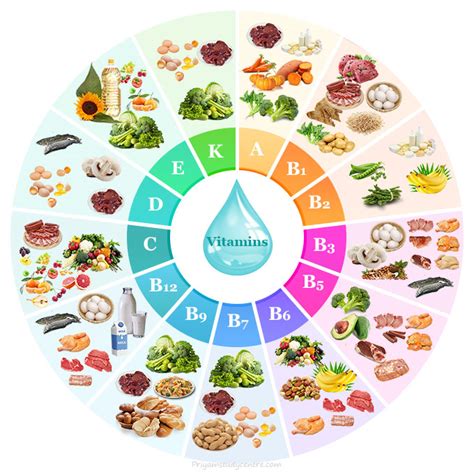
Zinc: An Essential Mineral
Zinc is a critical mineral involved in numerous bodily functions, including immune health, metabolism, and, significantly, testosterone synthesis. Zinc deficiency can lead to reduced testosterone levels.
- Sources: Oysters (richest source), red meat, poultry, beans, nuts (cashews, almonds), pumpkin seeds.
Magnesium: Muscle and Hormone Support
Magnesium plays a role in over 300 enzymatic reactions, including those that influence testosterone. It helps improve both total and free testosterone levels, especially in active individuals.
- Sources: Leafy green vegetables (spinach, kale), nuts (almonds, cashews), seeds (pumpkin, chia), legumes, whole grains, dark chocolate.
Strategic Food Choices for Optimal T-Levels
Incorporating a variety of nutrient-dense foods is more effective than focusing on single ‘superfoods.’ Build your diet around:
- Fatty Fish: Salmon, mackerel, sardines provide Omega-3s and Vitamin D.
- Eggs: A complete protein with cholesterol, Vitamin D, and healthy fats.
- Cruciferous Vegetables: Broccoli, cauliflower, cabbage contain compounds (like indole-3-carbinol) that help manage estrogen levels, indirectly supporting testosterone.
- Berries and Antioxidant-Rich Foods: Help reduce oxidative stress, which can impair hormone function.
- Ginger and Garlic: Some research suggests these may have beneficial effects on testosterone.
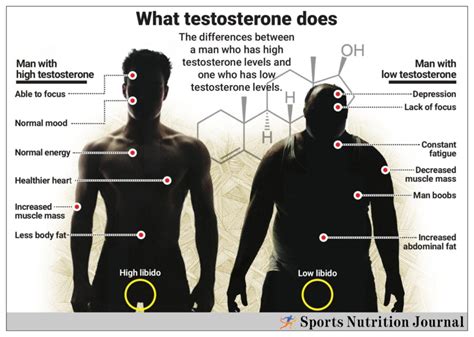
Foods to Limit or Avoid
Just as important as what you eat is what you limit. Heavily processed foods, excessive sugar, trans fats, and excessive alcohol consumption can negatively impact hormone balance and overall health, potentially lowering testosterone.
Beyond the Plate: Hydration & Lifestyle Synergies
While nutrition is paramount, it functions best when combined with other healthy lifestyle habits. Staying adequately hydrated is crucial for all bodily functions, including hormonal health. Aim for at least 8 glasses of water daily.
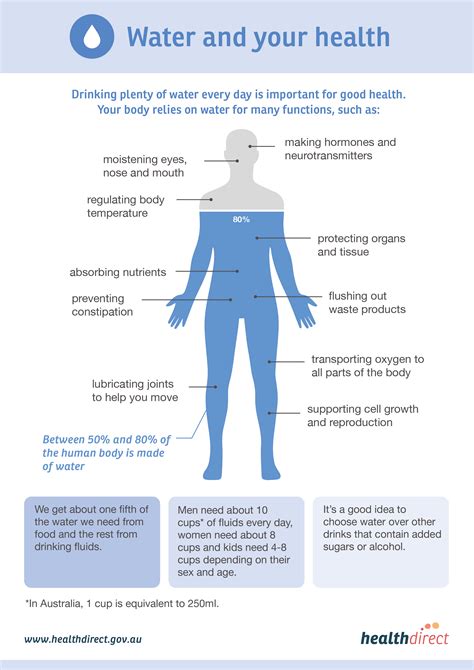
Additionally, ensuring sufficient sleep (7-9 hours per night), managing stress effectively, and incorporating regular strength training exercise will create a synergistic effect, enhancing the benefits of your nutritional strategies and optimizing testosterone production.
Conclusion: Fueling Your Male Vitality
Boosting male testosterone for energy and muscle isn’t about quick fixes or exotic supplements; it’s about a consistent, well-rounded nutritional approach. By prioritizing healthy fats, adequate protein, complex carbohydrates, and key micronutrients like Vitamin D, zinc, and magnesium, men can naturally support their hormonal health. Coupled with proper hydration, sufficient sleep, and regular exercise, these strategies form a powerful foundation for sustained energy, enhanced muscle growth, and overall male vitality. Consult with a healthcare professional or a registered dietitian for personalized advice, especially if you have underlying health conditions or significant concerns about your testosterone levels.
